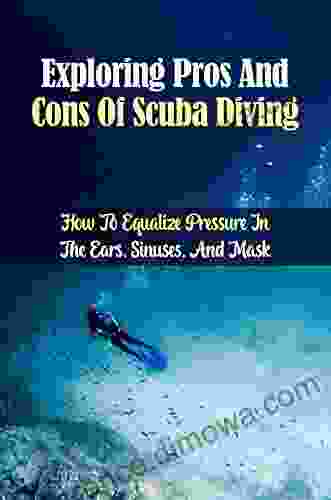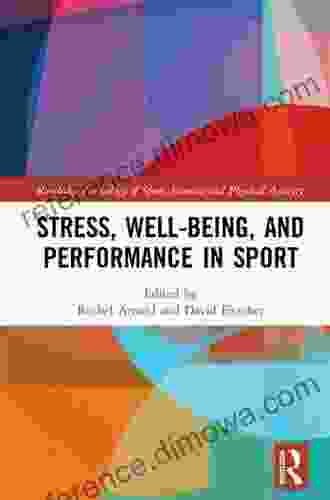Advantages and Disadvantages of Diving: A Comprehensive Guide

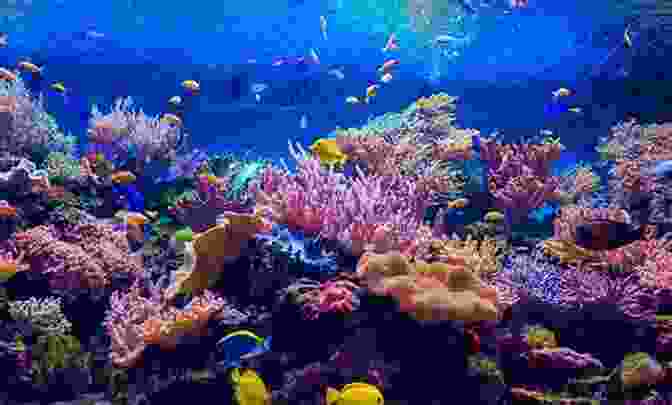
Embark on an extraordinary journey beneath the surface of the ocean and unravel the captivating world of scuba diving. Discover the advantages and disadvantages of diving, weighing the allure of exploring underwater wonders against the potential risks involved. Whether you're a seasoned diver or considering your first dive, this comprehensive guide will provide invaluable insights into this thrilling activity.
4.4 out of 5
| Language | : | English |
| File size | : | 9640 KB |
| Text-to-Speech | : | Enabled |
| Screen Reader | : | Supported |
| Enhanced typesetting | : | Enabled |
| Print length | : | 106 pages |
| Lending | : | Enabled |
Advantages of Diving
1. Explore a Hidden World
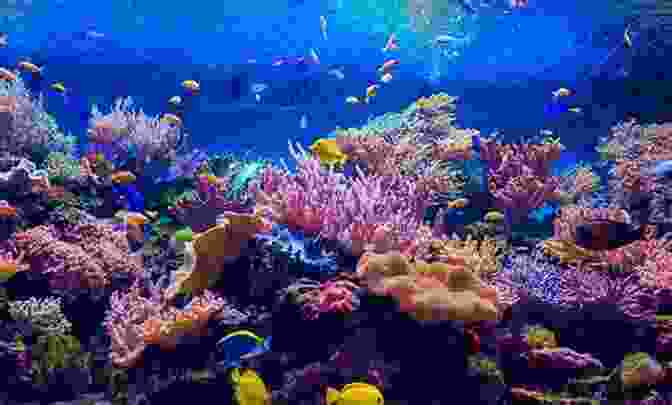
Diving unlocks a gateway to a realm unseen from land, where vibrant coral reefs teem with life and graceful marine creatures glide effortlessly through the water. Witness the wonders of underwater ecosystems, from colorful fish to majestic sharks, and experience firsthand the breathtaking beauty of nature.
2. Experience Weightlessness and Freedom
Immerse yourself in the liberating sensation of weightlessness as you float effortlessly through the water. Diving offers a unique form of freedom, allowing you to explore underwater landscapes and interact with marine life without the constraints of gravity. Experience the exhilaration of moving through the ocean like a fish, observing the wonders of the deep from a whole new perspective.
3. Improve Physical and Mental Health
Beyond the thrill of exploration, diving offers numerous health benefits. The increased pressure underwater provides a cardiovascular workout, strengthening the heart and lungs. The rhythmic breathing required during diving promotes relaxation and reduces stress levels, contributing to overall well-being. Additionally, the exposure to sunlight and fresh air during surface intervals can boost your mood and energy levels.
4. Develop New Skills and Knowledge
Scuba diving involves acquiring specialized skills and knowledge, providing an opportunity for personal growth and accomplishment. From learning how to use diving equipment to mastering underwater navigation, divers gain valuable skills that enhance their confidence both in and out of the water. Additionally, diving exposes you to marine biology and ecology, fostering a deeper understanding and appreciation for the ocean environment.
5. Connect with Nature and Marine Life
Diving offers a profound connection with nature and marine life. Witnessing the intricate behaviors and interactions of underwater creatures up close fosters a deep respect and fascination for the natural world. Divers become ambassadors for ocean conservation, promoting awareness and understanding of the importance of protecting our fragile marine ecosystems.
Disadvantages of Diving
1. Potential Risks and Hazards
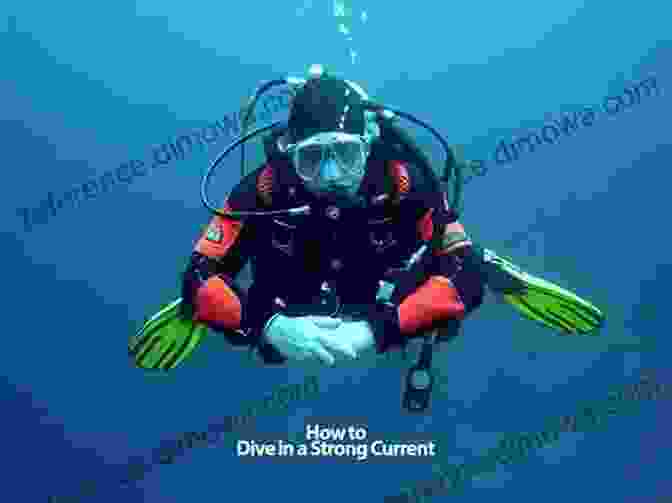
While diving is generally a safe activity, it is not without risks. Divers must be aware of potential hazards such as decompression sickness, nitrogen narcosis, and drowning. Proper training, certification, and adherence to safety guidelines are crucial to minimize these risks and ensure a safe and enjoyable diving experience.
2. Physical and Health Requirements
Diving requires a certain level of physical fitness and health. Individuals with respiratory or cardiovascular conditions may need to consult a physician before diving. Additionally, age and weight restrictions may apply for certain diving activities, such as deep diving or cave exploration.
3. Equipment and Expenses
Scuba diving requires specialized equipment, including a wetsuit, fins, mask, snorkel, regulator, and buoyancy compensator device (BCD). Acquiring and maintaining this equipment can be expensive, especially for beginners. Additionally, divers may incur costs for training, certification, and boat rentals, depending on the type of diving they choose to engage in.
4. Weather and Environmental Conditions
Diving is highly influenced by weather and environmental conditions. Strong currents, poor visibility, and cold water temperatures can impact the safety and enjoyment of a dive. Divers must be prepared to adapt to changing conditions and may need to cancel or postpone dives if conditions are unfavorable.
5. Time and Effort Required
Becoming a certified diver requires a significant investment of time and effort. Training courses typically involve classroom sessions, pool practice, and open water dives, which can take several weeks or months to complete. Additionally, maintaining diving skills and staying up-to-date with safety protocols requires ongoing practice and refresher courses.
Making an Informed Decision
The decision of whether or not diving is right for you depends on your individual circumstances, interests, and risk tolerance. Carefully consider the potential advantages and disadvantages outlined above and weigh them against your own goals and priorities. If you are passionate about exploring the underwater world, are physically fit, and willing to invest the time and effort required, then diving can be an incredibly rewarding and fulfilling activity.
Always prioritize safety by choosing reputable dive operators, obtaining proper training and certification, and following established diving guidelines. By taking the necessary precautions and approaching diving with responsibility and respect, you can maximize the benefits and minimize the risks associated with this captivating pursuit.
Embark on your diving journey with a clear understanding of the potential advantages and disadvantages, and let the wonders of the underwater world captivate your senses. Whether you choose to experience the thrill of scuba diving or decide that it is not the right choice for you, the ocean holds endless possibilities for exploration and discovery.
4.4 out of 5
| Language | : | English |
| File size | : | 9640 KB |
| Text-to-Speech | : | Enabled |
| Screen Reader | : | Supported |
| Enhanced typesetting | : | Enabled |
| Print length | : | 106 pages |
| Lending | : | Enabled |
Do you want to contribute by writing guest posts on this blog?
Please contact us and send us a resume of previous articles that you have written.
 Book
Book Novel
Novel Page
Page Chapter
Chapter Text
Text Story
Story Genre
Genre Reader
Reader Library
Library Paperback
Paperback E-book
E-book Magazine
Magazine Newspaper
Newspaper Paragraph
Paragraph Sentence
Sentence Bookmark
Bookmark Shelf
Shelf Glossary
Glossary Bibliography
Bibliography Foreword
Foreword Preface
Preface Synopsis
Synopsis Annotation
Annotation Footnote
Footnote Manuscript
Manuscript Scroll
Scroll Codex
Codex Tome
Tome Bestseller
Bestseller Classics
Classics Library card
Library card Narrative
Narrative Biography
Biography Autobiography
Autobiography Memoir
Memoir Reference
Reference Encyclopedia
Encyclopedia William Mcbrien
William Mcbrien Paul Schmid Hempel
Paul Schmid Hempel Christian Goeschel
Christian Goeschel Boris Kuzmic
Boris Kuzmic Adam Hart Davis
Adam Hart Davis Aa Vv A Cura Di Marina Atzori
Aa Vv A Cura Di Marina Atzori Sravani T
Sravani T Abdul Al Azzawi
Abdul Al Azzawi April Peter
April Peter Adam Goldstein
Adam Goldstein Yoshino Origuchi
Yoshino Origuchi Jason Kwiatkowski
Jason Kwiatkowski Mike Aylwin
Mike Aylwin Abhijit Gosavi
Abhijit Gosavi Lee Klancher
Lee Klancher Tim Collins
Tim Collins Adam G Fleming
Adam G Fleming Cordell Hicks
Cordell Hicks Terri Grace
Terri Grace Rick Steeves
Rick Steeves
Light bulbAdvertise smarter! Our strategic ad space ensures maximum exposure. Reserve your spot today!
 Robbie CarterFollow ·9.5k
Robbie CarterFollow ·9.5k Felix HayesFollow ·4k
Felix HayesFollow ·4k Charles DickensFollow ·11.3k
Charles DickensFollow ·11.3k David MitchellFollow ·12.7k
David MitchellFollow ·12.7k Chase SimmonsFollow ·4.8k
Chase SimmonsFollow ·4.8k Oscar BellFollow ·12.5k
Oscar BellFollow ·12.5k Shaun NelsonFollow ·19.2k
Shaun NelsonFollow ·19.2k Bret MitchellFollow ·15.1k
Bret MitchellFollow ·15.1k

 Julio Cortázar
Julio CortázarShift Your Perspective, Seize Your Potential, Own Your...
A Transformative Guide to...

 Isaias Blair
Isaias BlairPractical Algorithms For 3d Computer Graphics: Unlocking...
In the realm of digital artistry, 3D computer...

 Joseph Heller
Joseph HellerClear Vision Through Cloudy Eyes: A Guide to Overcoming...
Have you ever felt...

 Leo Tolstoy
Leo TolstoyThe True Story of My Fairygodparent Who Almost Killed Me...
Book Description In this captivating...

 Earl Williams
Earl WilliamsCanada 10 Must Visit Locations: A Captivating Journey...
Prologue: A...
4.4 out of 5
| Language | : | English |
| File size | : | 9640 KB |
| Text-to-Speech | : | Enabled |
| Screen Reader | : | Supported |
| Enhanced typesetting | : | Enabled |
| Print length | : | 106 pages |
| Lending | : | Enabled |


